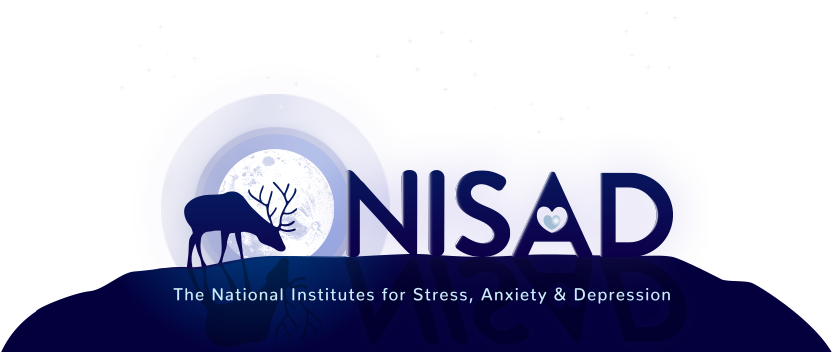Defining excess stress and knowing how it affects you physically and mentally helps you deal with it and spot the warning signs in time.
You might not be able to get out of the situation that causes stress just yet, but that doesn’t mean you’re powerless to the situation. Here are some easy tips for dealing with excess stress.
1. Ask to slow down
It may seem simple, but sometimes in the middle of a stressful situation, it might not cross your mind that you are allowed to request this.
If you’re talking to someone who’s going too fast or if there are just too many things going on at the same time, it might be useful to ask to slow down.
There are many ways to say this to the people in your environment, such as:
Can we focus on this first?
I can’t keep up.
Can you slow down, please?
Can we do one thing at a time?
Making the environment aware that you’re feeling overwhelmed is not a sign of weakness. If anything this is something most people can relate to and understand.
2. Stop for a second
Ask for a break to physically leave the stressful situation or environment. It will clear your head and remind you there are things and people other than the ones causing stress. Have some fresh air, get yourself a cuppa or go for lunch.
Important: Do NOT give stress more attention than it already has.
Say for example you’re trying to beat a deadline with a study partner or colleague. If you decide to go for lunch, for example, it is very important to give yourselves that break and take focus away from the stress. If you end up spending the lunch break discussing where you left off, you’re not really having a break, are you?
3. Blow off some steam
A walk in the fresh air is great to unwind and refresh. It doesn’t have to be full-blown workouts if exercise isn’t your thing. Any activity that gets you moving is great. You could skip in the garden, dance in the kitchen, go up and down the stairs a few times.
There are lots of videos you can watch online to like yoga, stretching and much more intense workouts.
Find something you enjoy and go for it. Try to mix things up to keep it interesting.
4. Prioritise
Write a list of things that need to be done in order of importance.
Your list doesn’t necessarily need to only be about work-related tasks or the thing that is causing the stress.
It can also be a simple check-in with yourself.
Is what’s causing you excess stress more important than something else you need to do in between?
Sometimes writing lists and tasks down, simplifies what’s ahead and gives you a feeling of satisfaction to be able to cross things off it one by one.
On days when stress feels paralysing and you don’t know where to begin, you will always have the list. Add things on it to do for yourself. Things that feel simple and doable, such as eating breakfast and brushing your hair.
If you don’t take care of yourself, you can’t take care of the tasks.
5. Plan some you-time

We all need something to look forward to. Think of it as a reward for all your hard work, or a pause from it, that you’ve planned especially for yourself. Have a hot bath, read a book, make dinner for yourself, meet up with a friend or start planning a trip you may or may not do in the future.
There’s joy in the simplest of things and all of those wonderful things tend to be forgotten in the midst of stressful situations.
6. Know when you’ve had enough
By the end of the day, you have to look out for yourself and make sure you are happy and healthy.
If the same obstacle appears over and over regardless of your actions, chances are said obstacle will find its way into other perspectives of your life and trigger the same excess stress.
Is it worth it?
Is there something that needs to be addressed with someone or even with yourself?
Do you or someone else need help?
There are many questions to ask, depending on what causes you stress. But know that there is a way out of every situation, even though it might not seem like it. Because maybe you need to leave altogether.
If you need the tools to move forward, there is help and support to get.

Findus Krantz
Social Psychologist and Analyst

